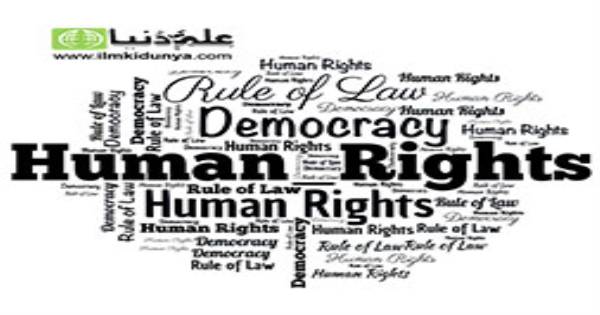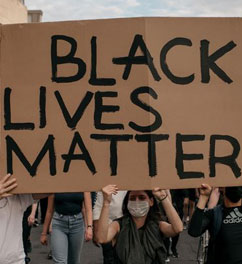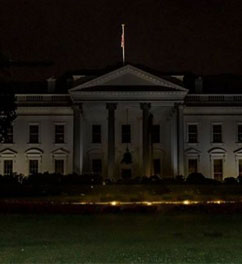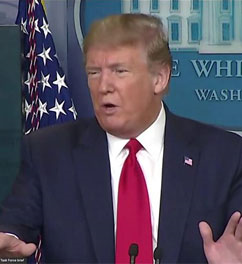Pakistani society can be described as basically plural and federal society, with its cultural, ethnic and linguistic diversities. In such society only a federal constitution evolved through the consensus of the federating units can ensure solidity and harmony. In Pakistan the judiciary has, by and large remained weak vis-à-vis the executive; it has been undermined, influenced and manipulated by the executive since independence. The judiciary plays the role of the guardian in a federal constitution. In Pakistan the constitution was altered not as much for the sake of the society, or the improvement of the country’s polity, as it was done to suit the interests of the individuals and institutions, which happened to be in power. Constitution is the base of any new born state but in case of Pakistan this base could not be established even after about a decade of the inception of Pakistan. Since its inception the governmental functions in Pakistan had been dominated by the executive, bureaucracy and army.
The political history of Pakistan reveals that the military and civil regimes have alternated at regular interval many a time in the past. The adoption of extra-constitutional methods suspension and abrogation of constitutions as mere pieces of paper to be merely scrapped, have had an extremely pessimistic shock on democratic trends. The first blow was struck in 1954, when Governor General Ghulam Muhammad dissolved the constitution Assembly. Mulvi Tamizuddin Khan, the president of the assembly, appealed to the Supreme Court, asking it rule on the legitimacy of such an action was the legislative branch a legitimate member of the government, but had not received the assent of the governor general. Nine years after independence in 1956, for the constitutional assembly to come up with the first constitution of Pakistan. That remarkable document survived a mere two years. In October 1958, President Iskandar Mirza killed of the 1956 constitution and declared Martial Law with General Ayub Khan as the Martial Law administrator. Another constitution was drafted in 1962, suspended in 1969 and abrogated in 1972.
Finally the constitution drafted in 1973. Zulfiqar Ali Bhutto first Sindhi prime minister who belongs to a feudal family first made the seven amendments in the constitution of 1973. Zulfiqar Ali Bhutto’s 1973 constitution reduced the president to a zero. In 1977, the Supreme Court unanimously upheld Martial Law under General Zia-ul-Haq. In 1981, he instituted the provisional constitutional order and asked all judges to re-take their oaths. Those that refused were retired. This was to ensure future accommodation of any wishes of the Chief Military Offocer of the country. The Supreme Court for example rejected all challenges and upheld the 1988 dissolution of the National Assembly by General Zia-ul-Haq. He issued a dozen or so Presidential ordinances which were grafted as amendments to the constitution in 1985. Among other things they cemented the power of the Executive to dismantle the legislative branch within the constitution. Zia-ul-Haq’s 8th amendments gave gigantic powers to president. The 8th amendment went to the other extreme. This enormous power emerged as the leading problem causing constitutional crises. The Constitution of Pakistan has been repeatedly and frequently amended. The politicians act improper and did not miss any opportunity to damage the image of democracy. The country plunged in to deep constitutional crises. The Nawaz Shrif regimes once again amend the constitution. Twelfth, Thirteenth, Fourteenth and Sixteenth Amendments were passed during the Nawaz Shrif’s two terms. The amendments have virtually changed the face of the constitution. From our constituently history it is clear that approximately all constitutional problems in Pakistan pursue from the function of the Army in Pakistan. Since 1973 the constitution of Pakistan has undergone sizeable changes. Zulfiqar Ali Bhutto, Zia-ul-Haq, Nawaz Shrif and Pervez Musharraf passed the amendments in 1973 constitution. It is imperative to note no one stop meddling the constitution. Each one amends according to his personal will and choice their their own interest and support. When we compare present government and the tussle between the judiciary and the government. An ugly scuffle between judiciary and present structure is not true depiction of democracy.
In Pakistan the constitutional amendments has been rendered as a game of power. It is need of the hour that the distribution of powers should be balanced. It is crucial for true democracy. Today it is necessary our leaders should respect the constitution of Pakistan and let the Parliament deal with the amendments. The crises that our country is facing today, it is imperative that we refine for making a mockery of democratic principles and customs. Civilized modern governance requires defense to and respect for institutions of state. The politicians themselves are generally responsible for the frequent changes and the formation of autocratic governments. It is necessary for the politicians to play their positive role. In Pakistan the undemocratic system have always acted upon the strategy of “Divide and rule” instead of unite and serve. It is quite clear one is not complete without the other. Let us respect each institution to other and done their duties truthfully. Especially it is duty that our political and religious leaders and scholars play their role in right direction and generate the true spirit of nationhood for the integrity of Pakistan. Look at how the Pakistani top leaders are being treated. Not one leader alone in the desecration of institutions. The entire nation responsible for the country’s misfortunes. There was not doubt that in Pakistan Bureaucracy, Feudal, Army and Politicians all not realizes their duties appropriately and these groups proved more successful in promoting their own interests, personal gains over national interest. Every one realizes their functions and accepts it. Turning now to the recent crises in Pakistan it is necessary that putting the institutions of the state above their own self. Collective decision-making on crucial issues are unavoidable. It is necessary establishing a system at each level; if we succeeded the democratic state of Pakistan would be a haven of peace.
Insha Allah











































